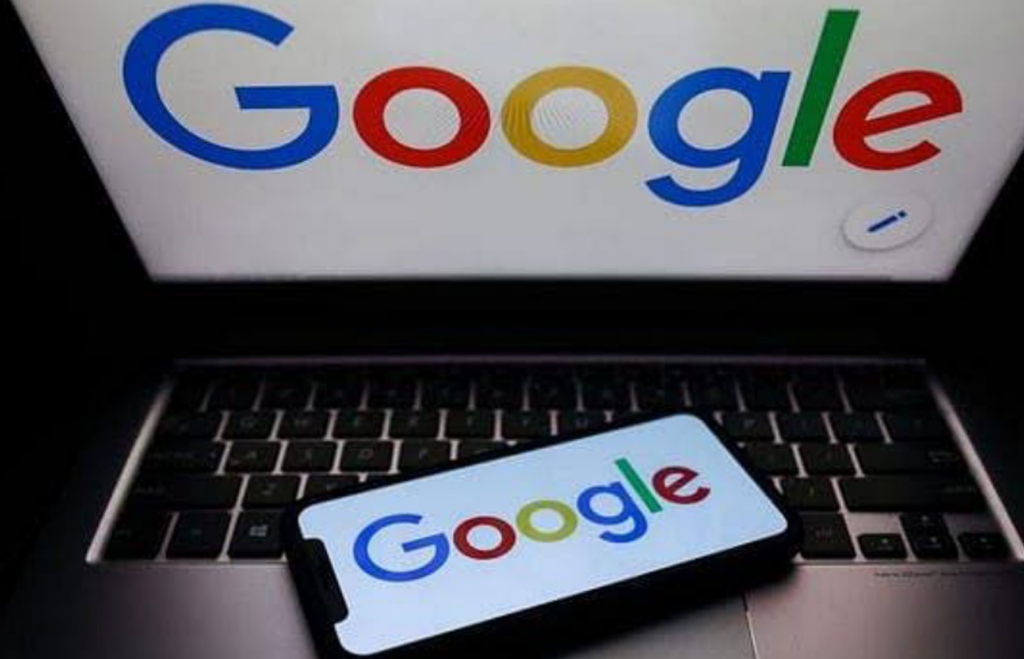Tech giant, Google, has agreed to pay $5 billion as settlement in a lawsuit claiming it secretly tracked the internet use of millions of people who thought they were doing their browsing privately.
According to a Reuters report, U.S. District Judge Yvonne Gonzalez Rogers in Oakland, California, put a scheduled Feb. 5, 2024 trial in the proposed class action on hold on Thursday, after lawyers for Google and the consumers said they had reached a preliminary settlement.
The lawsuit had sought at least $5 billion. Settlement terms were not disclosed, but the lawyers said they have agreed to a binding term sheet through mediation, and expected to present a formal settlement for court approval by Feb. 24, 2024.
The consumers’ complaints
The plaintiffs alleged that Google’s analytics, cookies, and apps let the Alphabet unit track their activity even when they set Google’s Chrome browser to “Incognito” mode and other browsers to “private” browsing mode.
- They said this turned Google into an “unaccountable trove of information” by letting the company learn about their friends, hobbies, favourite foods, shopping habits, and “potentially embarrassing things” they seek out online.
- In August, the District Judge, Rogers, rejected Google’s bid to dismiss the lawsuit. She said it was an open question whether Google had made a legally binding promise not to collect users’ data when they browsed in private mode. The judge cited Google’s privacy policy and other statements by the company that suggested limits on what information it might collect.
Filed in 2020, the lawsuit covered “millions” of Google users since June 1, 2016, and sought at least $5,000 in damages per user for violations of federal wire-tapping and California privacy laws.
Google’s multiple lawsuits
The consumer privacy lawsuit is one of the several complaint complaints that have been filed against the tech giants in recent times.
Earlier this month, it was reported that Google had agreed to pay $630 million to its United States consumers as a settlement for the dispute over Play Store’s app distribution.
In addition, the company will also pay $70 million into a fund that the states will use, bringing the total settlement to $700 million.
In September, the company reached a tentative settlement in a class action lawsuit filed by U.S. states and consumers originally filed in 2021.
The complaint highlighted Google’s monopoly over app distribution on Android through the Play Store.
In November 2022, Google started a pilot of its user choice billing program in the U.S., which allowed developers to use alternative payment methods for in-app purchases.
